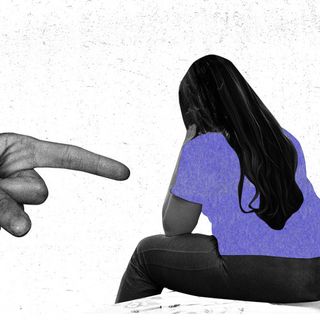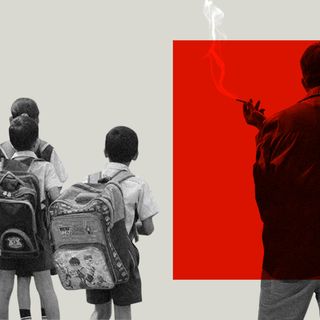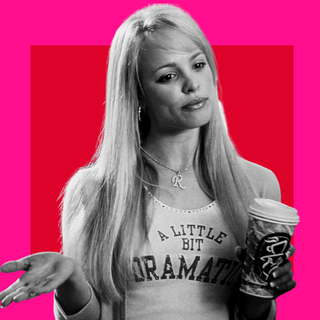In social psychology, the idea of the “survival of the fittest” is a theory that has many names: “social Darwinism,” and “Competitive Jungle Belief”(CJB), and others. It applies Darwin’s theories of natural selection in a social context in order to say that society as a whole is like a highly competitive jungle where only the “fittest” are competent and are, therefore, likely to survive. A new study published on Wednesday in PLoS One found that CJB is tied to characteristics such as a greater hostility towards other people, exploitative attitudes, and low self-esteem.
While it has been long recognized that the CJB acts as a mediator between individual characteristics and socio-political ideology, researchers in the Polish study have built a psychological profile of people who endorse the idea. In a sample of around 800 people, the study tested for how CJB related to five psychological variables including attachment styles, human values, moral judgments, and other personality traits.
Its results showed that social Darwinists have a relatively more dysfunctional quality of personal life because of their scores on the five variables. But this also has implications for society at large.
For instance, social Darwinists’ propensity to admire power, domination, and their determination to pursue goals at the expense of others, make conditions for an egalitarian society unfavorable. Moreover, a fearful attachment style could be connected with an inability to sympathize with others. In other words, social Darwinism “belongs to the broader category of social beliefs, whose common denominator is a profoundly pessimistic and negativistic view of human nature and interpersonal relations,” the study notes.
The study also found a link between greater scores on the “Dark Triad” of personality (greater antagonism, selfishness, and lesser communal characteristics like empathy) and CJB. Machiavellianism or emotional coldness and cynicism, was found to be the greatest predictor of CJB beliefs.
Related on The Swaddle:
We’ve Completely Misunderstood ‘Survival of the Fittest,’ Evolutionary Biologists Say
On a broader societal level, this means that social Darwinism tends to favor anti-egalitarian ideologies such as hierarchical relations, social dominance, and is a mediator between an aggressive personal disposition and approval of aggression in socio-political life. Previous studies have shown how social Darwinism can be linked to far-right authoritarianism and approval of political aggression. In other words, social Darwinism is a belief that acts as a bridge between personal negative psychological traits, and anti-egalitarian societal ideologies.
“They especially reject human rights, care, help, and compassion as relevant criteria of moral judgments. As a matter of fact, they did not value any measured ethical code. If they do, it is some respect for authorities,” the study observed.
The study carries important implications in understanding why the pandemic saw certain attitudes about the disposability of people prevail. The trajectory of the pandemic response and people’s attitudes have shown a prevailing belief that the coronavirus is a natural selector, “where only the fittest survive, while the weak, the poor and marginalized die off,” writes Vanessa Barker, a professor of sociology at the University of Stockholm.
People’s refusal to cooperate while curbing the spread of the disease, and governments’ closing of borders to refugees and migrant workers are all symptomatic of social Darwinism at play. Only now, we know it is inherently rooted in negative personal attitudes towards other people. That an alarming number of people were in agreement with the idea of sacrificing elderly, disabled, and immunocompromised people in order to achieve “herd immunity,” speaks further to the tendency of individuals’ willingness to protect themselves at the expense of other people.
Indeed, researchers acknowledged that limitations of the study include not being able to factor the role of social processes in replicating or exacerbating such a negative view of the world. They hypothesize, for instance, that the pandemic may have caused an increase in such a worldview. “During the Covid19 pandemic, a considerable increase in social negativism can be expected… This may be a very good starting point for further research aimed at formulating a broader theory of negativistic thinking about the social world,” the paper concludes.




